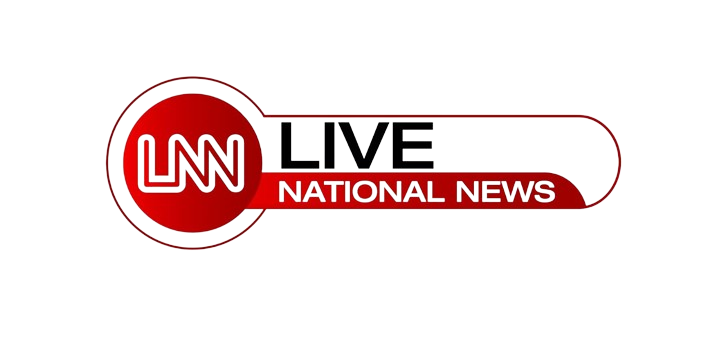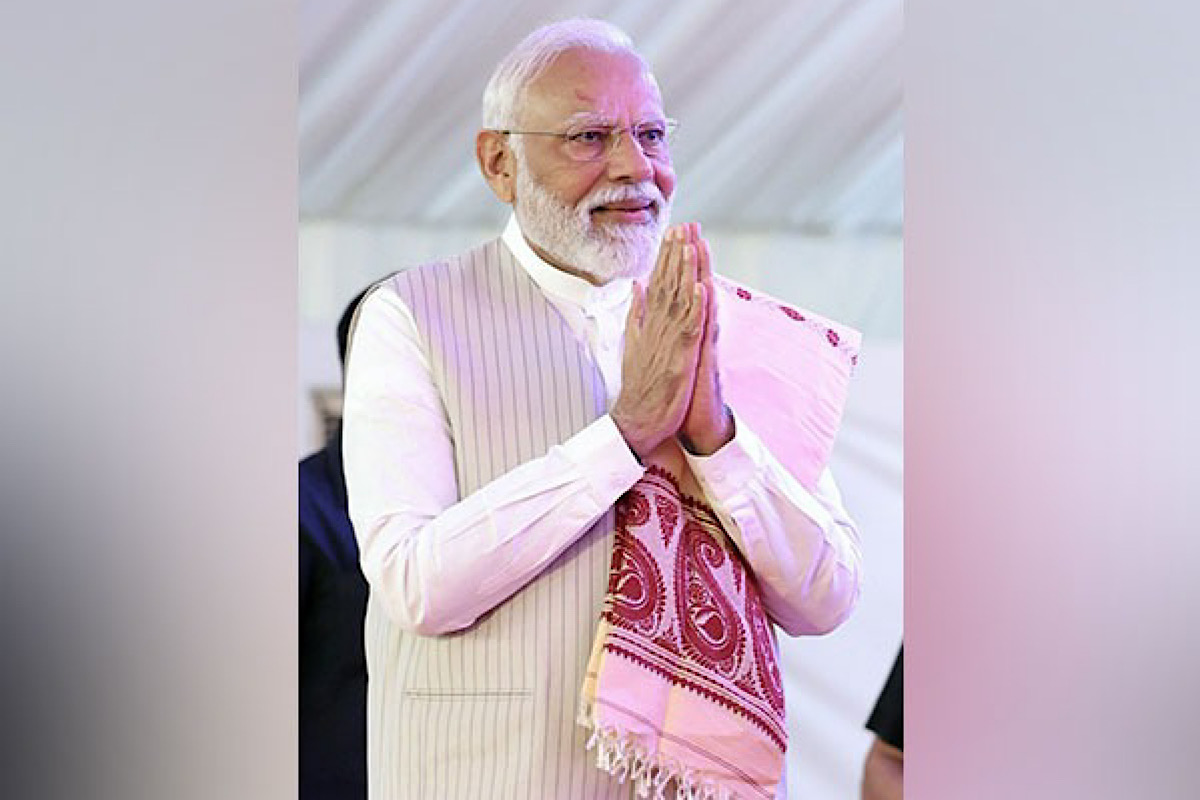In its collaboration with Apollo Radiology International in India, Google is building on AI advancements in healthcare to make them accessible across the nation.

Artificial Intelligence is emerging as the go-to technology across industries, and nobody wants to be left behind. Tech giant Google has partnered with Apollo Radiology International to use the transformative power of AI in healthcare.
Ahead of the highly anticipated Google Health Global Check Up event, Dr Sreenivasa Raju Kalidindi, CEO and Medical Director of Apollo Radiology International, and Shravya Shetty, Director & Engineering Lead at Google Health AI Research.
In a wide-ranging conversation, the duo offered some profound insights into the significance of AI in healthcare, along with the potential of AI to fill gaps in terms of access and expertise.
Dr Kalidindi emphasised on the crucial role of radiology in healthcare, highlighting the challenges faced by the Indian healthcare system, including the shortage of radiologists and the centralised nature of expertise.
“The background of why this company was founded lies in the fact that radiology has been expanding very rapidly in the last 20-30 years… But it also means that there is a significant increase in demand of trained professional radiologists interpreting those scans,” he explained. This scenario brings forth the necessity for innovative solutions to bridge the gap in radiological services, particularly in remote and underserved areas.
During the conversation, Dr Kalidindi illustrated the potential of AI in diagnosing tuberculosis (TB), lung cancer, and breast cancer. He emphasised the need for early detection and treatment, especially for TB, a disease with high mortality rates but is also curable with timely intervention.
“So the areas that we’ve been working at were detection of TB from chest X-ray in a public health setting and then diagnosing lung cancers and breast cancers from CT scans and mammograms,” shared Dr Kalidindi, indicating the wide scope of AI’s impact on healthcare.
AI is revolutionising the early detection of tuberculosis (TB), lung cancer, and breast cancer. Annually, TB affects over 10 million people and causes 1.3 million deaths globally, especially in South Asia and Sub-Saharan Africa. Considering the scarcity of trained radiologists to interpret chest X-rays, AI systems are being developed to detect early TB signs.
Similarly, AI aids in identifying lung and breast cancers, where there’s a critical need for specialised screening. In India, AI’s potential to assist in interpreting scans and mammograms could significantly improve early detection and treatment outcomes, addressing the lack of accessible screening and expertise in these critical areas.
On the collaboration between Google Health and Apollo Radiology International, Shetty gave an overview focussing on leveraging AI to improve healthcare outcomes. “We identified key areas where AI could bridge existing gaps, particularly in early screening and diagnosis for diseases such as tuberculosis, breast cancer, and lung cancer. This exploration marked the beginning of our efforts to develop AI solutions that can facilitate early and scalable triaging, assist in diagnosis, and ultimately enhance access to care for more people while improving solution effectiveness. Since this initial phase, we have continuously iterated and refined the solutions,” she said.
Shetty also discussed the challenges and barriers to AI adoption in healthcare, from the initial scepticism among medical professionals to the technical and regulatory hurdles that need to be overcome. However, she remains optimistic about the potential for AI to make healthcare more personalised, accessible, and effective. Her vision is backed by tangible initiatives, such as the partnership with Apollo, which aims to bring AI-powered screening models into clinical care, potentially transforming millions of lives across India.
Both Dr Kalidindi and Shetty acknowledged the importance of partnerships in achieving advancements in AI-powered healthcare. “I think this is a very powerful way of taking specialist expertise out of the central large centres to the peripheries where most of these patients are scanned,” said Dr Kalidindi, highlighting the need for democratisation of healthcare expertise through AI.
On the other hand, Shetty stressed on the collaborative nature of their efforts: “Partnerships are absolutely critical for us to have any meaningful impact in healthcare – and I think a great example of this is our collaboration itself.”
The conversations with Dr Kalidindi and Shetty also shed light on the broader implications of AI in healthcare, including the potential to decrease disparities in access to healthcare and improve outcomes for diseases with high mortality rates. The partnership between Google Health and Apollo Radiology International is the way forward towards integrating technology to address critical challenges in healthcare with AI as a complementary tool that enhances and not to replace human expertise.



